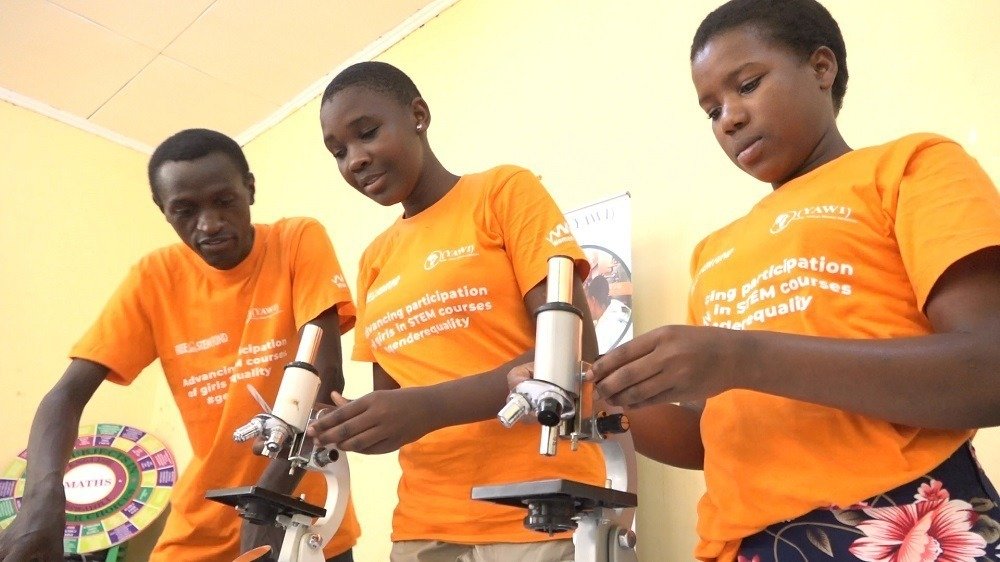The state, through the new Kenya Cooperative Creameries (KCC), is set to build a Sh750 million milk processing plant in Narok County to boost milk productivity and farmers’ income.
Cabinet Secretary in Charge of Cooperative and Micro, Small, and Medium Enterprise Simon Chelugui made the announcement Monday in a farmers’ meeting held in a Narok hotel and attended by Narok Governor Patrick Ntutu and County Commissioner Isaac Masinde.
He said the state aims at wiping out middlemen who exploit farmers by buying their produce at a very low cost and later selling the milk at almost a double price, causing farmers to incur huge losses.
In this regard, the CS directed the new KCC Chairman, David Maina, and Chief Executive Officer (CEO), Nixon Sigey, to oversee the sale of milk in the county, even before the processing plant is built, so that farmers are no longer exploited.
“By building the factories, we will be eliminating the hawking of milk, where farmers sell a litre of milk for as low as Ksh30. The standard buying price will not be less than Ksh50,” he said.
Other areas that will benefit from the second phase of the programme include Mogotio and Kabianga, where similar milk factories will be built.
“We target to increase our daily milk production as a country from 1.5 million litres to 4.5 million litres by empowering farmers to do more production,” he reiterated.
Chelugui said the initiative follows an instruction from President Dr. William Ruto that directed his ministry to implement a milk factory in the county, adding that the President would be launching the construction of the factory in a few days’ time.
He expressed confidence that Narok County has the potential to produce over 100,000 litres of milk daily, owing to the favourable climatic conditions and large parcels of land.
Apart from building the factory, the CS announced that the state will build a model dairy farm adjacent to the processing farm that will act as a training ground for the farmers.
“We want to empower Narok farmers in all ways so that they can lead in milk production in the country. The milk from Narok is known to be of high quality, which is recommended in the international markets,” he said.
Governor Ntutu underscored that the county government had set up 30 acres of land to put up the factory, saying it would be a game changer for the residents as the farmers would have a market for their milk as well as many job opportunities being created.
“200 people will be employed directly, while another 1,000 will be employed indirectly. This will reduce the rate of joblessness in our county as almost all these people will come from our county,” he said.
The governor wondered why milk sold at a cheaper price than water in the county, yet water was more easily available than milk.
He called on the farmers to keep productive breeds of livestock that yield more milk so that they could benefit from the factory.
The county boss said there are estimated to be 300 milk cooperatives in the county, which would be responsible for ensuring the milk sold out is of high quality and meets the standards of the international markets.
Governor Ntutu promised to renovate all the roads in the county so that farmers could have easy access to the market.
Narok County Farmers Forum Chairman Simon Poror thanked the government for prioritising Narok County in the construction of a milk firm, reiterating the factory would motivate farmers to increase their production.




